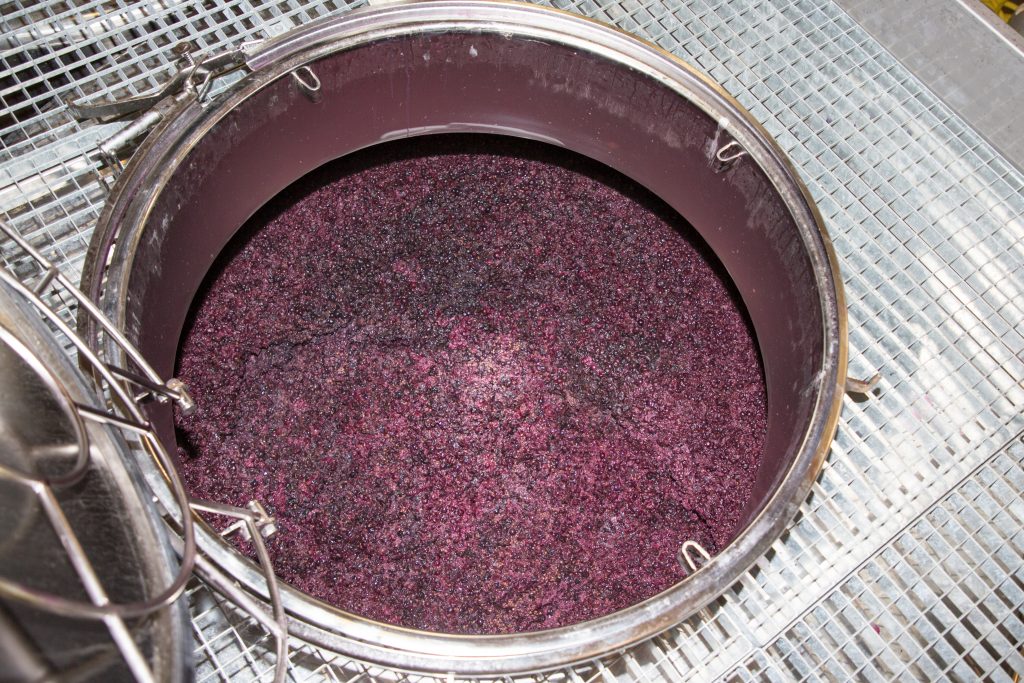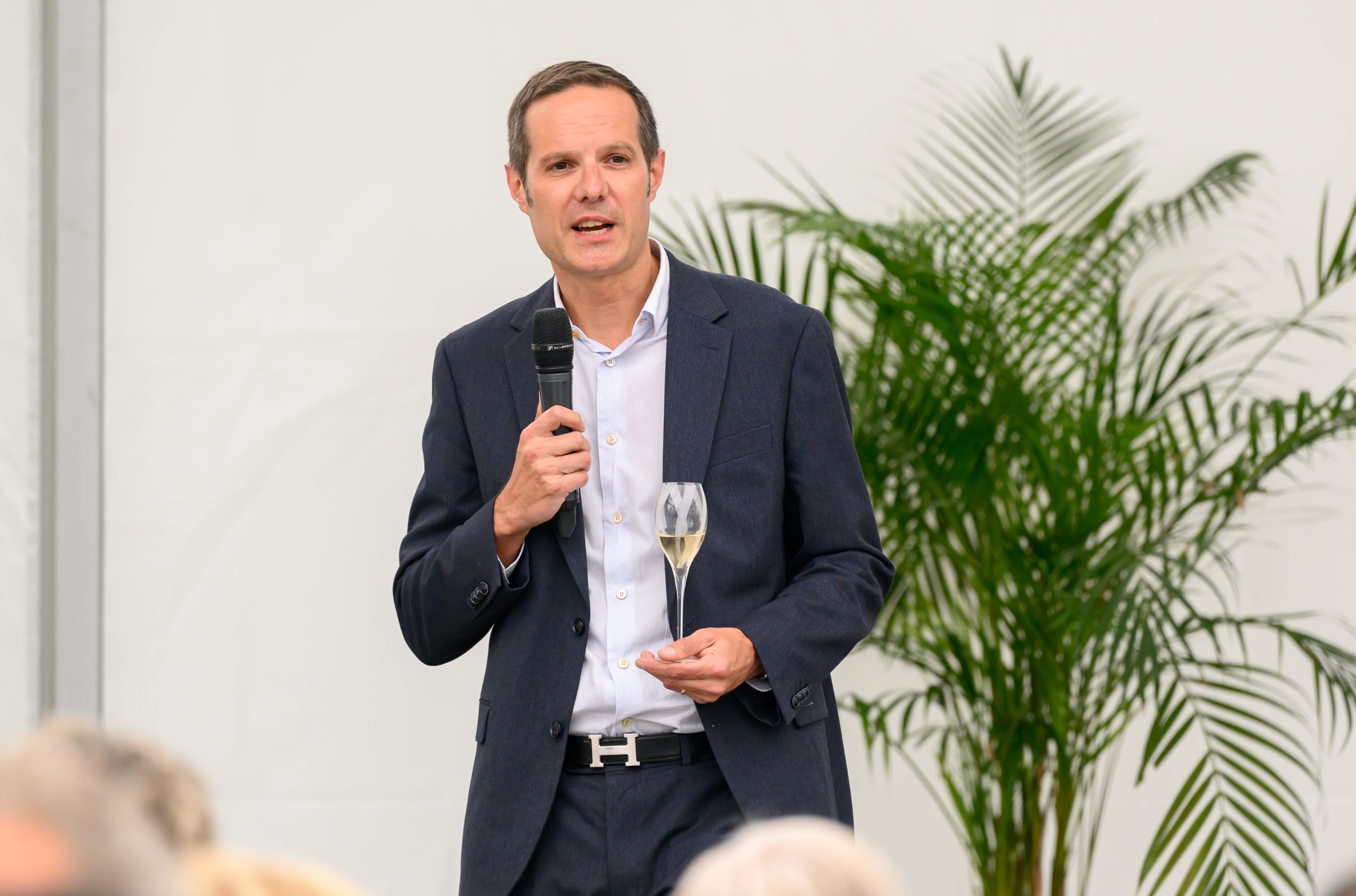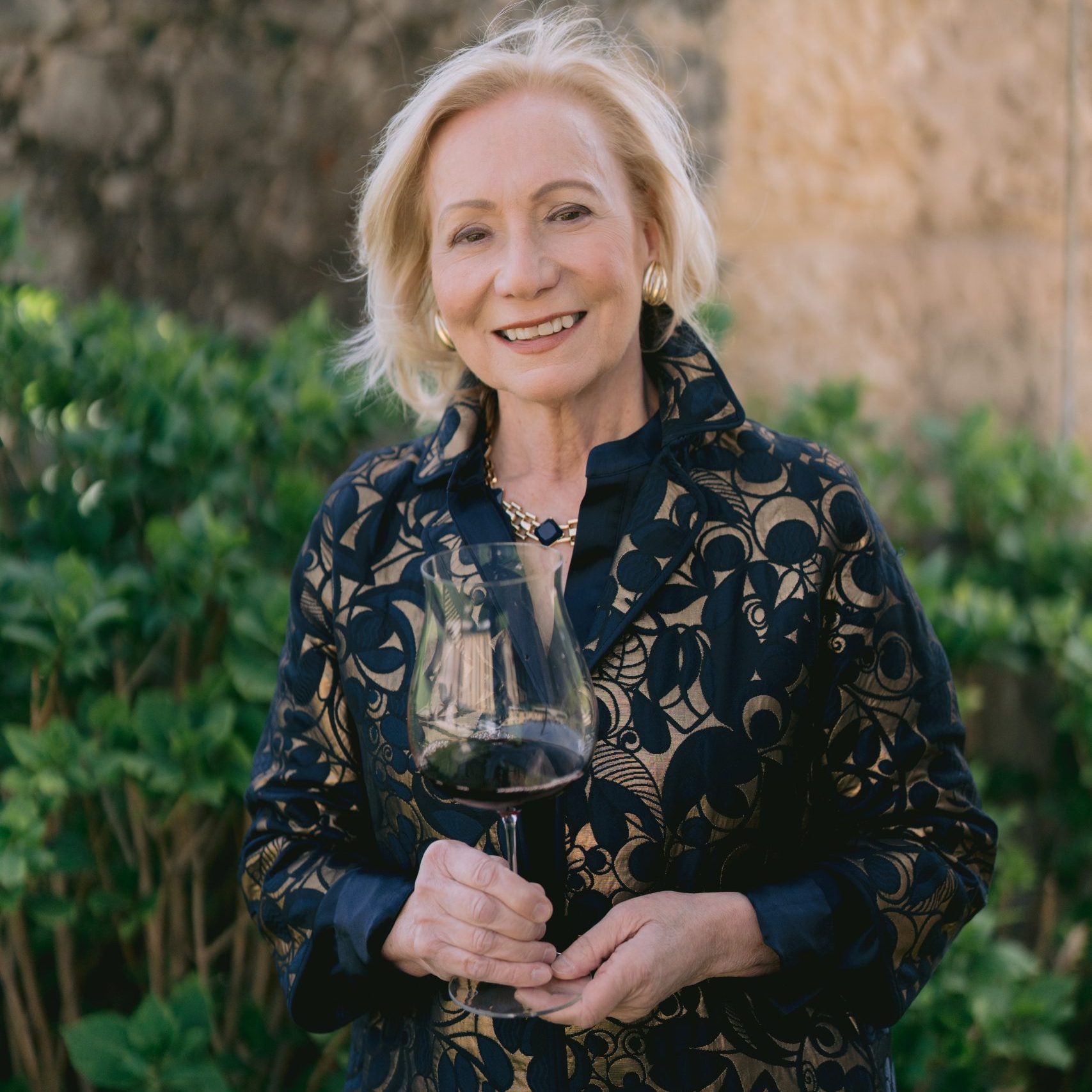Bordeaux’s not so sweet harvest
The Gironde prefecture has given the go-ahead for a number of Bordeaux winegrowers to chaptalize their wines after the wet weather in September saw some vines across the region struggle to achieve full ripeness.

According to a report in French newspaper Sud Ouest, the Gironde prefecture signed a series of decrees between 5 September and 7 October, authorizing the chaptalization of wines in order to boost fermentation of wines.
Although chaptalization – adding sugar to unfermented grape must to increase the alcohol content after fermentation – is allowed under French law, winemakers have to get official permission from the French government to add sugar to the juice. In Bordeaux, this involves vignerons petitioning the INAO, which assesses the request and gives it approval (or not!) to the local government.
Apparently, the alcohol content of the juice in some winemakers vats after harvest had only been 12 degrees or less – leading to fears that there would be “a deficit of body” in some of the wines.
Partner Content
The local newspaper quoted one unnamed Saint-Émilion Grand Cru as having ordered sacks of sugar prior to harvest in order to boost the sugar content of the must.
The estate’s cellar master told the newspaper that the potential alcohol level was only 11 degrees and in order “to have a quality vintage, we need to gain a few degrees.”
François Despagne, a former head of the Saint-Émilion Grands Crus Classés organization told the publication that although some batches’ sugar levels were “on the edge” the vintage was “not catastrophic” and marked a return to “classic” Bordeaux-styles, meaning less sunshine, and greater freshness and acidity.




